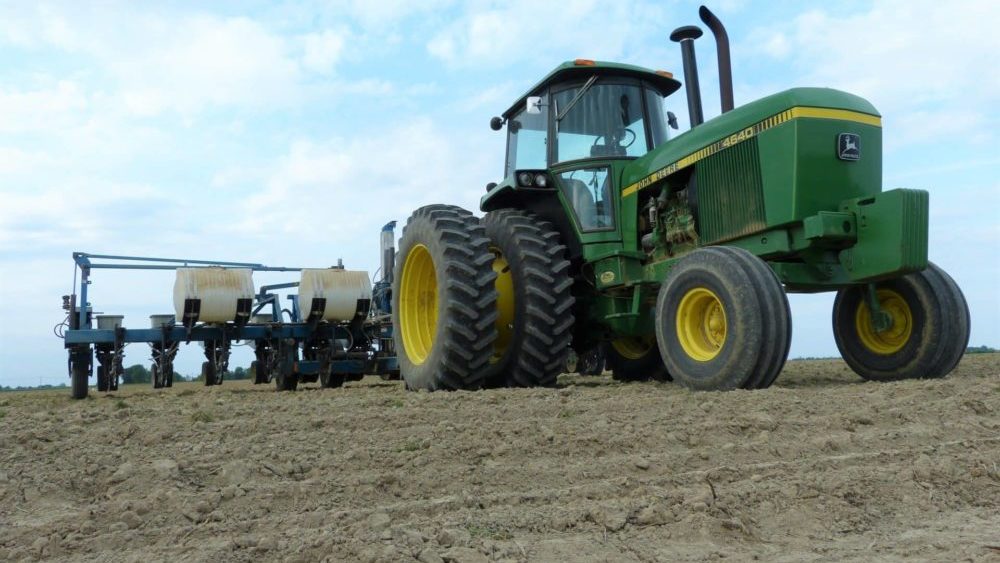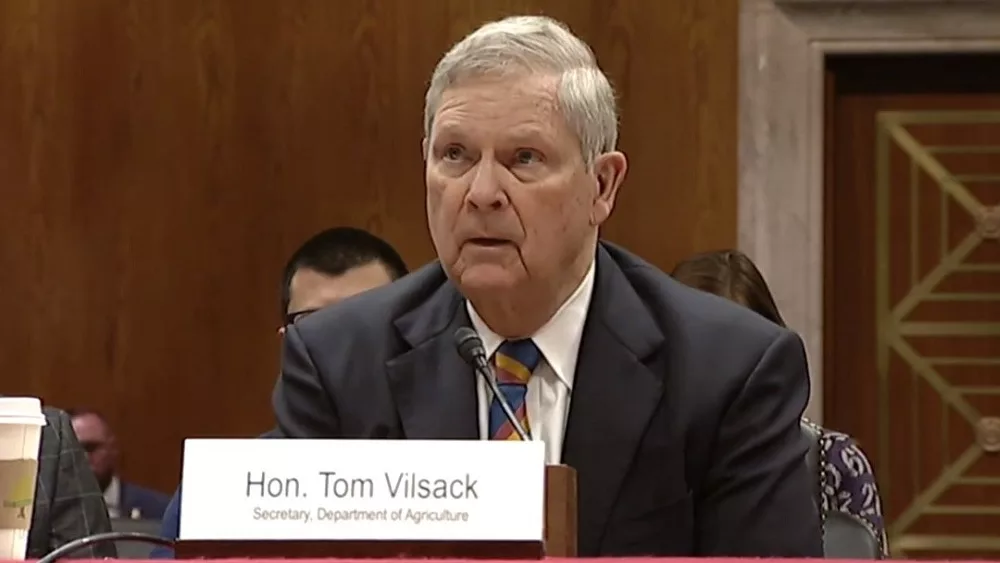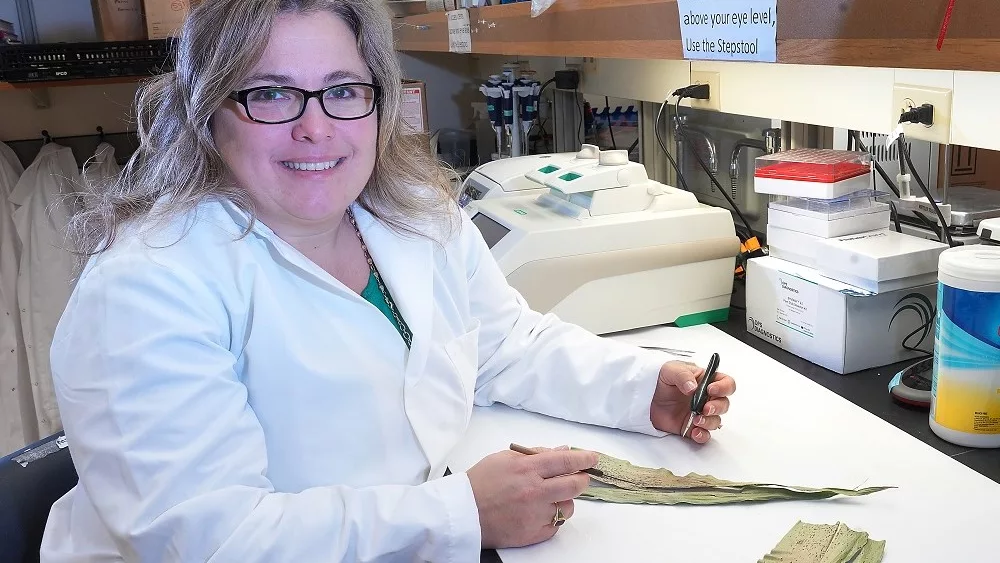U.S. Trade Representative Katherine Tai and the Biden Administration will be pushing China to meet its commitments in the Phase One Trade Deal. Secretary of Agriculture Tom Vilsack says it’s crucial that Tai press China to meet its obligations.
“There are two general aspects to phase one: one, in which the Chinese made agreements or promised to take 57 steps, if you will, focused on sanitary and phytosanitary non-tariff related issues that impacted affect trade,” he says. “The Chinese were pretty aggressive at the outset with the Phase One agreement in terms of compliance. They met roughly 50 of the 57 items that they agreed, but there are seven still very large items that have yet to be resolved and yet to be completed by the Chinese, not the least of which is biotechnology trade approvals.”
Vilsack says China is also well behind in purchasing U.S. ag commodities.
“While it’s true that the Chinese have made significant purchases recently, now just getting back and perhaps just a bit above where they were before the trade war,” he says. “The reality is that they’re still about $5 billion short of the amount of purchasing under phase one that they agreed to make, and that, I think, is important that we again continue to press the Chinese for compliance with Phase One. If you reach an agreement, we want to make sure that there’s performance behind that agreement.”
No matter what steps the administration takes with China, Vilsack says it’s important to do no harm to American farmers, ranchers, and businesses.
“There are industries that have been impacted and affected, and consumers in the United States who have been impacted or affected, by some of the tariffs that have been assessed,” says Vilsack. I think it’s a combination of, basically, you’ve got to live up to the agreement you’ve reached and a recalibration in terms of the actions that were taken in the previous administration to make sure that we’re not inadvertently harming our own businesses and consumers.”
While China has been a good customer for American agriculture, the U.S. must continue to find other steady buyers of American commodities.
“In terms of Ambassador Tai’s characterization, I think it’s fair to say that American agriculture has obviously benefited from the purchases being made by China and that a lot of work and effort went into establishing relationships in China,” says Vilsack. “Having said that, I think it is important that we continue to look for ways in which we can diversify our efforts. We certainly appreciate recent efforts in Vietnam where tariffs have come down on certain ag products, where certain sanitary and phytosanitary barriers have been negotiated away so the trade with that country becomes easier.”





